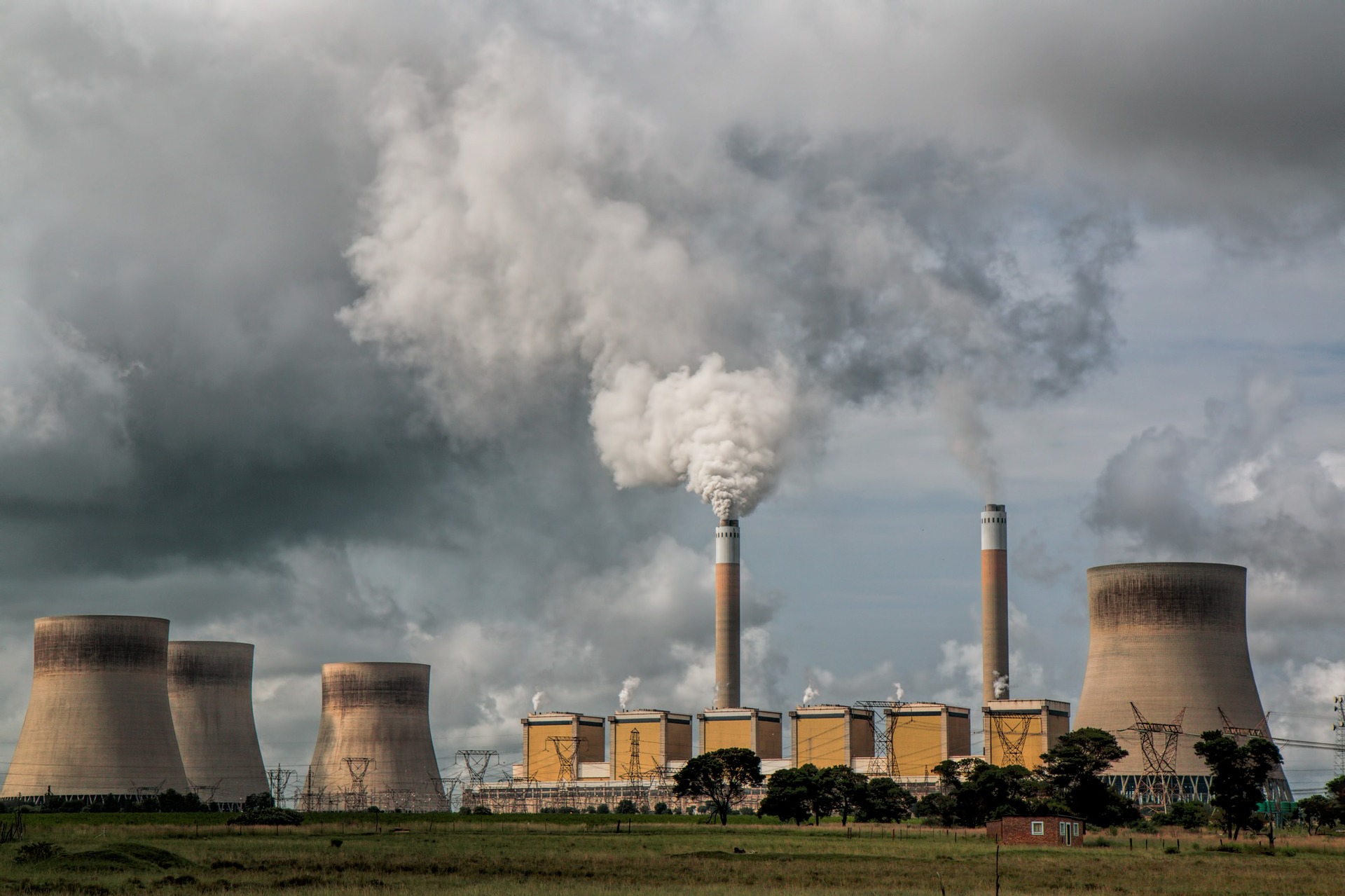It's time to drastically change our lifestyles and economic system
By Dr. Tim MacNeill, Director, Sustainability Studies Minor
December 16, 2019
 I love my daughter Liliana. But I have to admit, having a child may have been an incredibly selfish thing to do. According to the weight of the science, in 2050, when Liliana is 33, many humans will be living horrid lives. One recent study predicted that, keeping our current path, 55 per cent of the global population will be living in areas that are “beyond the threshold of human survivability.” Ecosystems such as the Amazon, Arctic, and all oceans will have collapsed. About one billion additional people will be displaced, creating a political crisis of mass migration of climate refugees. Half the species on Earth will be extinct. Some have projected that within Liliana’s lifetime, the Earth’s biosphere will be incompatible with ordered human civilization. I’m so sorry to put you through that for the sake of experiencing fatherly love, Lili.
I love my daughter Liliana. But I have to admit, having a child may have been an incredibly selfish thing to do. According to the weight of the science, in 2050, when Liliana is 33, many humans will be living horrid lives. One recent study predicted that, keeping our current path, 55 per cent of the global population will be living in areas that are “beyond the threshold of human survivability.” Ecosystems such as the Amazon, Arctic, and all oceans will have collapsed. About one billion additional people will be displaced, creating a political crisis of mass migration of climate refugees. Half the species on Earth will be extinct. Some have projected that within Liliana’s lifetime, the Earth’s biosphere will be incompatible with ordered human civilization. I’m so sorry to put you through that for the sake of experiencing fatherly love, Lili.
I’m also sorry to the world. On her birthday, the projected ecological impact of Liliana’s life equalled that of about 20 Bangladeshis. We would need at least four Earths for all inhabitants of the planet to live like Liliana. We try to reduce that impact. Liliana is vegan. Our car is hybrid, and our house has solar panels. Still, research finds that even as people in high-income countries switch to ‘green’ products and lifestyles, environmental impacts increase. As our products become more efficient, we just buy more of them in aggregate. We're polluting more. Those in low-income countries at the same time try to mimic our lifestyle, increasing our need for extra planets that don’t exist. Technological solutions to climate change haven’t managed to reduce our overall impact. It takes political and social innovation to do that. As much as I try to live responsibly, our house remains filled with plastic toys. Liliana is aware that her friends own two cars, have gone to Disney World, and own many things that she does not. Liliana knows that plastic ‘hurts fishies and sharks’ and when we buy something it takes away from other animals—their food and habitats. But still, there is an increasing pile of consumer culture in our home. Liliana’s entire social world is populated by ads and our economic system is dependent on the sale of products that she really doesn’t need. When I made a decision to have a child, I gambled that this would change. It increasingly seems that I was wrong. Science tells us we have about 10 years to drastically reduce our impact on the Earth, or we lose control over the whole situation. It may be time for us all to stop having children, because they are both extremely damaging and in extreme danger. I hope I’m wrong and we find a quick socio-political solution to this problem that technology has failed to fix. We have to do this before Liliana’s 13th birthday, to prevent her 33rd from being potentially miserable.
As much as I try to live responsibly, our house remains filled with plastic toys. Liliana is aware that her friends own two cars, have gone to Disney World, and own many things that she does not. Liliana knows that plastic ‘hurts fishies and sharks’ and when we buy something it takes away from other animals—their food and habitats. But still, there is an increasing pile of consumer culture in our home. Liliana’s entire social world is populated by ads and our economic system is dependent on the sale of products that she really doesn’t need. When I made a decision to have a child, I gambled that this would change. It increasingly seems that I was wrong. Science tells us we have about 10 years to drastically reduce our impact on the Earth, or we lose control over the whole situation. It may be time for us all to stop having children, because they are both extremely damaging and in extreme danger. I hope I’m wrong and we find a quick socio-political solution to this problem that technology has failed to fix. We have to do this before Liliana’s 13th birthday, to prevent her 33rd from being potentially miserable.
Learn more about our new minor in Sustainability Studies and find out how you can help find a solution to this ecological crisis.